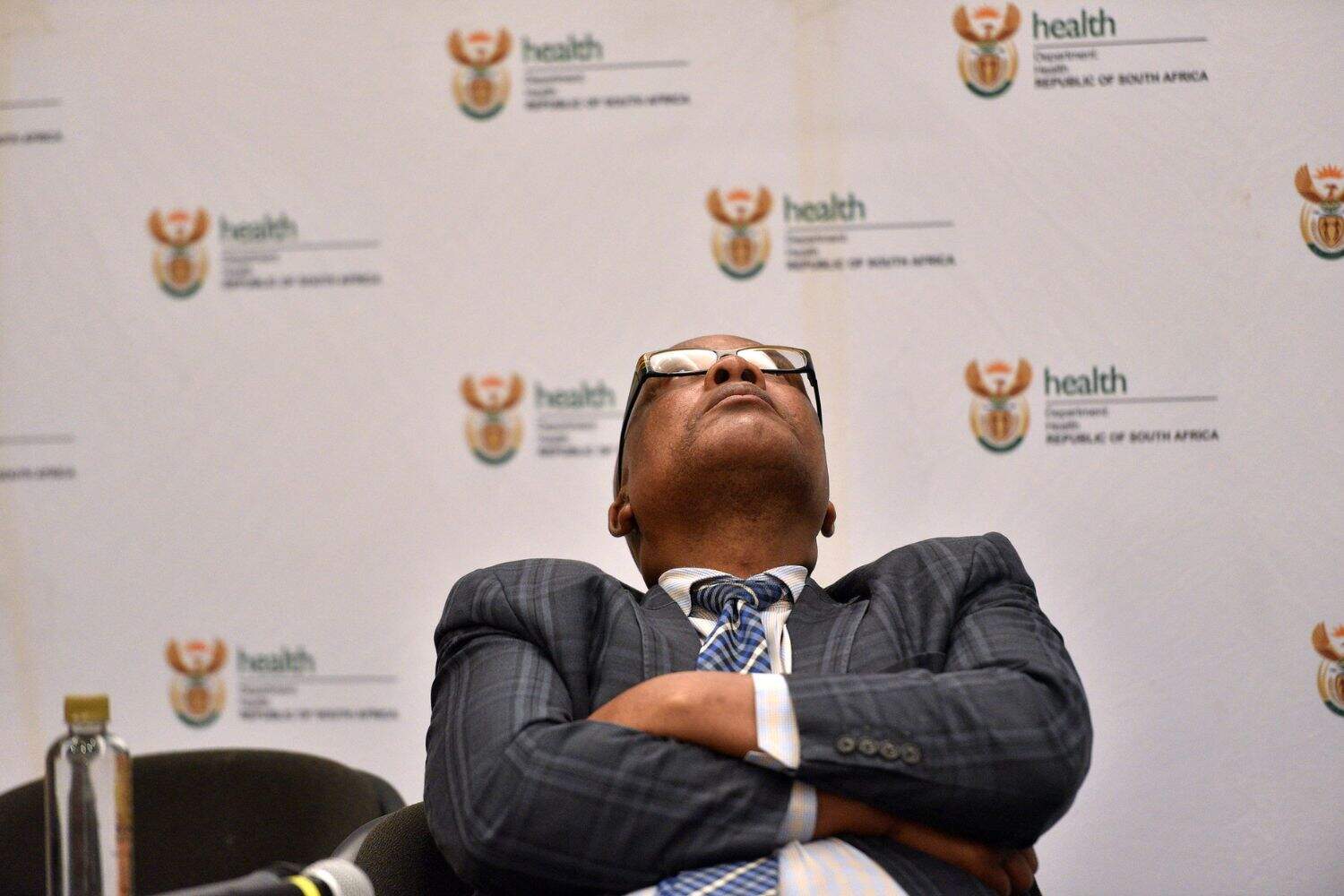Minister Motsoaledi acknowledged the severe shortage of specialists but rejected claims of a system failure.

Health Minister Aaron Motsoaledi has defended his department against accusations of healthcare system collapse.
His response comes after it emerged that Limpopo province has only one neurologist, with patients allegedly having to wait until February 2026 for appointments.
EFF MP Mathibe Mohlala challenged Motsoaledi to justify the situation where people with deteriorating conditions must wait more than eight months to see a specialist.
Mohlala argued this represented a gross injustice that exposed the collapse of public healthcare for the poor, while those with money could immediately access treatment in private hospitals.
Global shortage drives local crisis
The minister acknowledged the severe shortage but rejected characterisations of system failure.
He explained that neurologists are scarce, not only in Limpopo but also in the rest of South Africa and globally.
“Hence, in South Africa, neurology is one of the scarce skills which appears in the scarce skill list gazetted by the minister of Home Affairs in collaboration with the Ministry of Higher Education and Training and Nedlac [National Economic Development and Labour Council],” Motsoaledi stated.
He added that this designation means any person from anywhere in the world who applies to work as a neurologist in South Africa must immediately receive a work visa from the Department of Home Affairs without hesitation.
However, Motsoaledi noted that even this mechanism does not help much because of the global shortage.
The scale of the shortage is stark.
“Total registered neurologists with the Health Professions Council of South Africa (HPCSA) are 277 for the whole country, with only 15 (5.4%) employed in the public health sector as per the Persal system report for August 2025,” he revealed.
ALSO READ: Inside SA’s multimillion-rand plan to fill US funding void
Minister defends public healthcare system
Motsoaledi vehemently rejected suggestions that the public healthcare system has failed.
“We wish to reject with the contempt it deserves, the assertion that the public healthcare system has collapsed,” he said.
He pointed out that millions of people receive treatment daily in the public healthcare system, which serves 86% of the population.
The minister directed pointed criticism at parliamentarians. “You probably would not know that because you have a very expensive medical aid, which is heavily subsidised by the state, that allows you to receive your treatment where very few people are able to,” he said.
NHI proposed as solution
Motsoaledi framed the National Health Insurance (NHI) as the solution to what he described as gross healthcare disparity.
“When we introduced the concept of Universal Health Coverage, which we call NHI, it is to deal with this gross disparity of health care where a selected minority get the best of health care while the overwhelming majority is at the periphery of the system with very few health professionals,” he explained.
The minister added that to address the dire shortage of specialists in the country, provinces have been instructed to create registrar posts for specialists in training.
READ NEXT: Health budget: R1.7 billion for new staff and millions granted by Gates foundation
Support Local Journalism
Add The Citizen as a Preferred Source on Google and follow us on Google News to see more of our trusted reporting in Google News and Top Stories.








